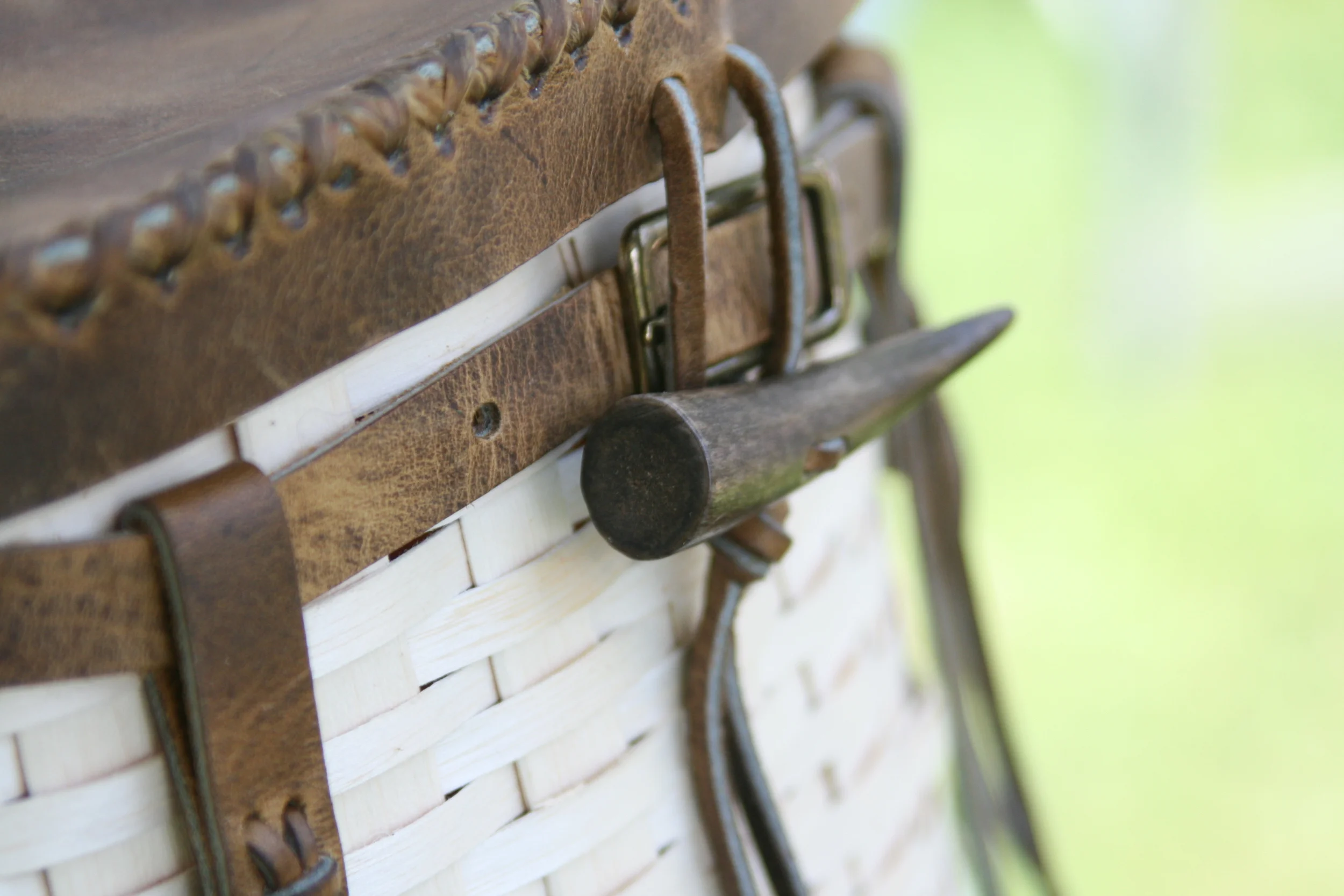Honoring Kikehtahsuwiw: It Heals during Women's History Month with Jamie Bissonnette Lewey
/My name is Jamie Bissonnette Lewey, and I live in Pembroke, Maine. My mother’s family is from the Abenaki communities in Northern Vermont and Southern Canada. My father’s family was Scottish, from New Brunswick and northern New York.
Currently I chair the Maine Indian Tribal State Commission (MITSC), which is an inter-governmental entity that was created as a result of the negotiations of the Maine Implementing Act—a law that reflects the negotiations of the Maine Indian Land Claims Settlement Act. The Commission was charged with the responsibility to identify what was going wrong within the implementation of the acts, and give recommendations about how to make it right. Ideally, the state departments, administrations, and legislature are accountable to the Commission—we’re supposed to be able to ask for any information from them. I think the fact that those lines of accountability aren't drawn darker and stronger has created a very uncertain and unsafe world for Wabanaki people in the state of Maine. It has resulted in the socioeconomic and health disparities that MITSC argue have constituted a human rights violation. In fact, the United Nations accepted our conclusion that the Settlement Act has resulted in conditions that create a human rights violation.
In my work for the American Friends Service Committee, I am building a center for healing and transformational practices. What I’m focusing on is building a center where people who are really working to heal and transform their communities can come together, share what they’re learning, and build upon their lessons, and in that way, actually create a movement for healing. Taking the time to heal might seem like a luxury, but as I get older I’m more and more convinced that it’s not a luxury, it’s a necessity. Without it, we may not be able to fix the other things that are wrong.







